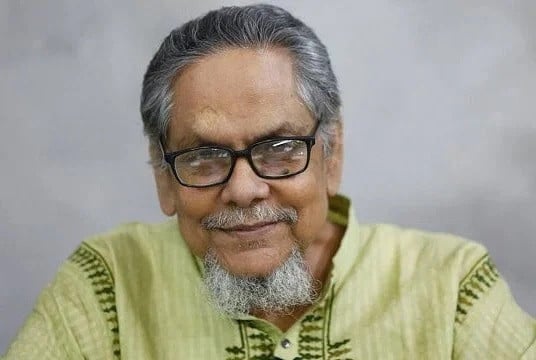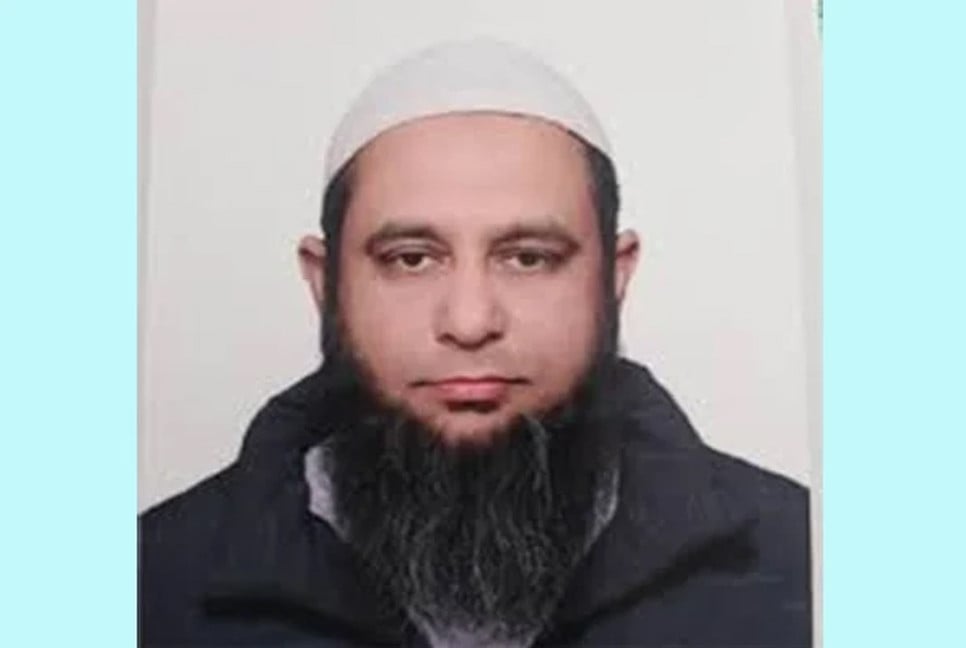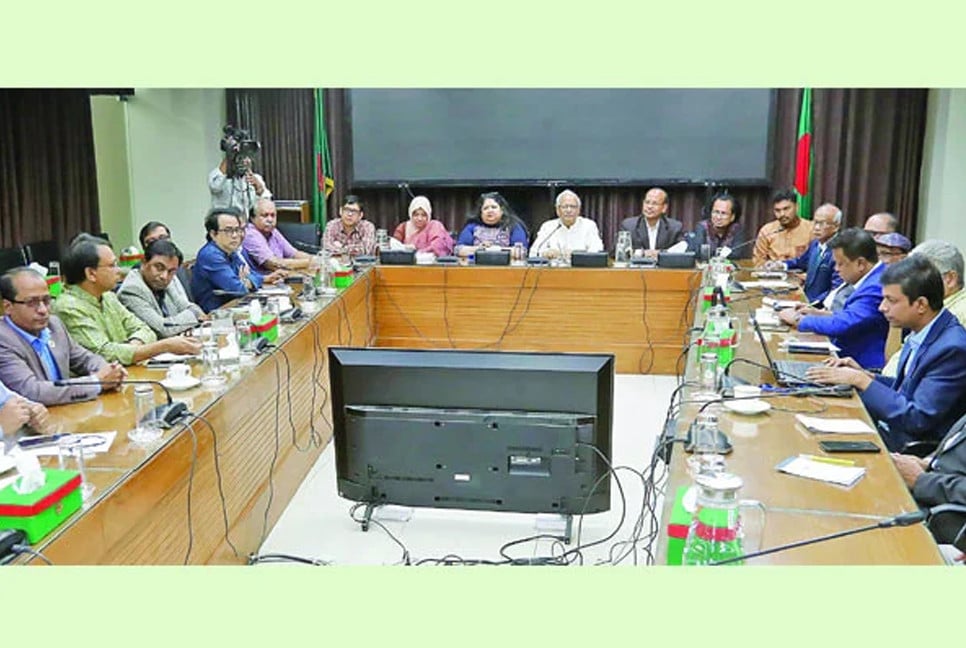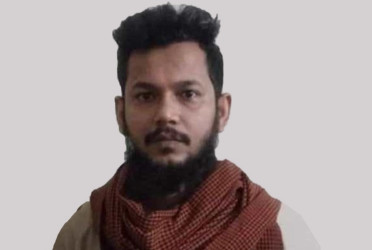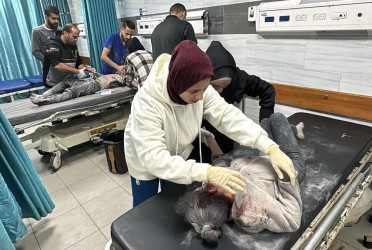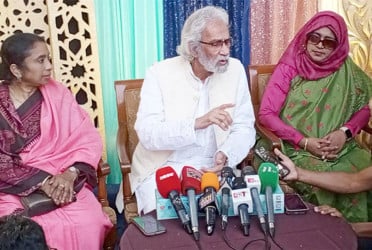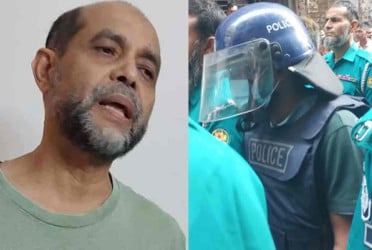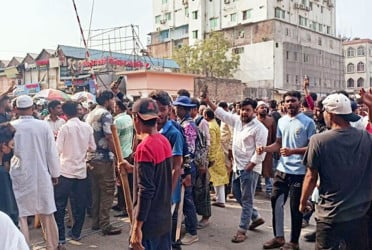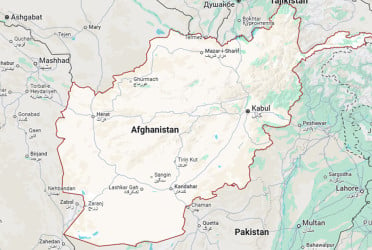Patient suffering has become a daily occurrence in many of private hospitals and clinics, where business often takes precedence over service. Families are being driven to destitution by profit-driven medical practices, leading to a surge in patients seeking treatment abroad due to a lack of confidence in domestic healthcare.
Mismanagement and technical limitations plague government hospitals, while private facilities face accusations of fraud and negligence. The result is an increasing number of people applying for medical visas to countries like India, Thailand, and Singapore.
Bank officer Nadia Noor, 30, was admitted to Islami Bank Hospital and Cardiac Center in Pallabi on June 1 for diarrhea. Despite being four months pregnant, she died five days later. Her husband, Anisur Rahman Palash, alleges medical negligence. He claims that despite her condition stabilizing initially, Nadia suffered a cardiac arrest the following day, and no doctor attended to her until hours later. By the time she was moved to the ICU, it was too late. The baby died, and Nadia went on life support, ultimately losing her life due to alleged mismanagement and neglect.
Nazneen Nahar, a resident of Lalmatia, shared her own experience of negligence. Seeking treatment for recurrent miscarriages, she visited a private hospital only to be met with indifference from the endocrinologist. Despite spending around 30,000 Tk on tests, the doctor did not review her previous results and demanded new tests from the hospital’s own facilities.
Her husband, Faisal Ahmed, expressed frustration at the ethical breaches in the healthcare system. He lamented that despite spending significant amounts on medical consultations and tests, they still do not know the cause of their infertility issues.
Private healthcare facilities, including hospitals, clinics, and blood banks, have proliferated across the country, often leading to dubious practices. The Department of Health has intermittently launched operations against illegal healthcare institutions, but these efforts frequently lose momentum due to pressure from powerful owners.
In 2020, and again on May 25, 2022, the Department of Health initiated crackdowns on unauthorized facilities. While these efforts saw temporary success, with several institutions fined and some shut down, many establishments continue to operate without meeting required service standards.
Despite public and official support for these campaigns, enforcement remains inconsistent. Illegal operations often resume as soon as regulatory pressure eases.
Last year, the resurgence of dengue prompted another crackdown, but this too faltered. The Department of Health briefly renewed efforts following the death of a child during a circumcision procedure. However, the campaign has once again slowed, leaving many illegal and substandard healthcare providers active.
The goal of ensuring quality services: Minister of Health and Family Welfare Dr Samant Lal Sen said, our campaign against unapproved or substandard clinics and hospitals is ongoing. We take immediate action on any such complaint. Our aim is to ensure quality healthcare to the people of the country. He told Bangladesh Pratidin that we now have to emphasize on ensuring primary health care. Emphasis is placed on controlling drug prices. If anyone keeps the price of medicine higher than the price set by the government, then disciplinary action will be taken against them.
Apart from this, what the Department of Drug Administration is doing to control the price of drugs will also be monitored. Improving the quality of health care is being looked at to prevent maternal mortality. Our campaign against unlicensed, substandard clinic-hospitals is going on. We will continue this.
Lack of surveillance: former president of Bangladesh Medical Association (BMA) Dr. Rashid-e-Mahbub said that there is no end to the complaints about the quality of service in the private hospitals of the country. These are due to lack of proper monitoring by the authorities.
He also told Bangladesh Pratidin that big hospitals and heavy equipments have been added at the expense of huge sums. But when critical patients go, that skill is not visible in his medical management. There is a specialist doctor's name on paper, but not in reality. Hospitals require logistic support and skilled manpower to provide quality services. But many private hospitals in the country have a huge shortage of them. But there is no one to see this. The Health Department should not just carry out occasional raids and complete its duties. Strict monitoring is required throughout the year to maintain the quality of service in the hospital.
Hospital is now a business sector: Dhaka University Institute of Health Economics Professor Dr. Syed Abdul Hamid said, hospital in our country means only buildings and some equipment. There is a considerable shortage of competent and trained manpower. The crisis is more acute in private hospitals. Because full time manpower is very less in most private hospitals. They mainly depend on the dual practice of public sector manpower. Most are very profitable. The patient has to pay with his life in the hands of these incompetent and profiteers.
He further said that medical education has been taken up to high school standard. In the last 10-15 years many of those who graduated from medical colleges did not get proper teachers, lab facilities and environment to study. The condition of many private medical colleges is very bad. Due to lack of adequate education and training, these doctors are unable to provide quality treatment. The quality of doctors who are now at the professor and associate professor level in government hospitals is satisfactory so far. Getting promoted in government hospitals requires certain degrees and training. As a result, the quality of treatment is still maintained there. But after a few years, when doctors passed out from substandard medical colleges become the main manpower, the problem will arise.
(The report was published on print and online versions of The Bangladesh Pratidin on June 11 and rewritten in English by Tanvir Raihan)


